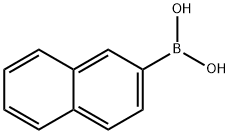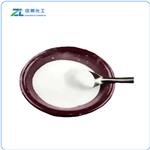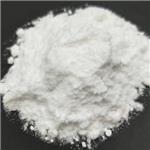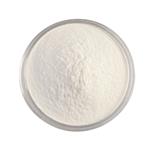2-Naphthalene Boronic Acid is an organometallic iridium complex with applications in catalysis and Pharmaceutical manufacturing. It can be also used in the study of an enantioselective rhodium-catalyzed addition of aryl boronic acids to 2,2,2-trifluoroacetophenones leading to chiral, tertiary trifluoromethyl alcohols.
2-Naphthaleneboronic acid is a useful research chemical for organic synthesis and other chemical processes.
Solubility in water: slightly soluble. Other solubilities: soluble in methanol
It is used to study the enantioselective rhodium-catalyzed addition reaction of arylboronic acid and 2,2,2-trifluoroacetophenone to generate chiral tertiary trifluoromethanol.
It can also be used to study the palladium-catalyzed addition reaction of arylboronic acid and nitrile to generate aryl ketones, and aromatic adverbial clauses: palladium-catalyzed addition of oxynitrile to benzofuran.
yellow crystal powde
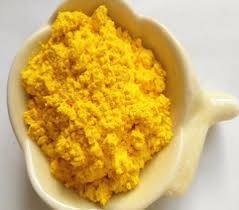
Used in a study of an enantioselective rhodium-catalyzed addition of aryl boronic acids to 2,2,2-trifluoroacetophenones leading to chiral, tertiary trifluoromethyl alcohols. Also employed in a study of a palladium-catalyzed addition of aryl boronic acids to nitriles providing aryl ketones and to aryloxy nitriles providing benzofurans.
To a two-neck 250mL round bottom flask, triisopropyl borate (3.30mL, 29.06mmol) and 3-bromoquinoline (3.00g, 14.49mmol) was dissolved in dry THF (100mL), then n-butyllithium (14.50mL of a 2M solution in hexane, 29.00mmol) was added dropwise via a dropping funnel over 1h under N2 at-78°C. After 2h, the acetone/dry ice bath was removed, and the reaction solution was allowed to warm to 0°C. The reaction was then quenched with a 2M HCl solution, and the pH value was adjusted to 7 with a solution of 2M NaHCO3. The resulting solution was extracted with ethyl acetate (EA) (3×100mL). The combined organic layers were dried with MgSO4 and evaporated to dryness. n-Hexane was then added to precipitated the product 2-Naphthaleneboronic acid as a white solid (80% yield).
